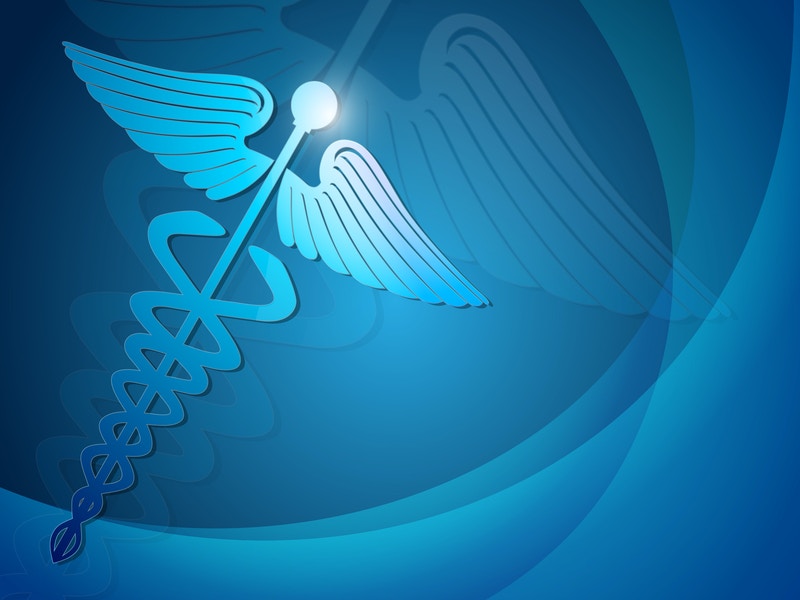
Skin care services can help treat all forms of skin conditions, including acne. If you think about acne facial description, you imagine pimples and puss and terrible to look at the skin. But acne is because of skin inflammation and bacteria that some people more than others are susceptible to. A blemish so to speak, is simply, in the case of acne, the scars or imperfections that occur as the pimples leave scarring and damage the skin.

What is active acne? Basically, active acne is the formation of pimples on the skin that can be filled with fluid, but they don’t necessarily have to have any fluid inside. Pimple shoes are, on the other hand, shoes used in cricket because the bumps underneath the soles look like pimples.
Acne can present as white heads, which are closed blocked pores on the skin. They may also look like something called blackheads, which are open but blocked pores. Bumps on the skin that are tender and red can also present as puss-filled bumps.
There are many products to help treat acne, and ensuring that you steer clear of products that could irritate is also essential.
If you have skin that is prone to acne, you may know how difficult it can be to get rid of it. What ends up being the case for most people is that they simply try to maintain it and minimize the number of breakouts that they have. There are dermatologists’ offices that are acne treatment centers for patients. If you have acne bad skin can make you upset. It can harm a person’s self-esteem to have frequent breakouts. Most people have acne during puberty. However, that acne might not go away when adolescence is over. If you have acne everywhere that has lasted a long time, it may be time to see a dermatologist to see whether or not there are treatments possible for your skin.

When you use personal hygiene items like shower gel and lotion, make sure it is an acne formula so that you don’t break out from the use of them. Many of these types of products use oils in them to make them more moisturizing. That oil can result in breakouts for people who are prone to acne. Using an acne formula can help you to wash and moisturize without any oils to trap dirt and oils in them. You may then clear up some of your acne.

Acne is a frustrating fact of life for about 85% of people. It’s the most common skin condition in America, as it affects 40 to 50 million Americans. Dermatology research in recent years has led to many new acne treatment products, making acne treatment easier than ever. Read on for the dos and don’ts of taking care of your acne!
DOs
- Wash your face twice a day, no more and no less. Less will leave you will oily skin, but more may actually irritate your skin and make acne worse. Though it may seem helpful, washing more often only dries out your skin.
- Ask a dermatologist about options if your current treatment isn’t working! There are numerous other ways other acne treatment options that you may not have even thought of.
- Be careful of what makeup you’re using. Many current brands are acne friendly, but older brands may have oil in them that will further clog pores. Also, apply your makeup only after you’ve washed your face and applied acne medication if you use it.
- If you have a picture day or other important event, rather than popping a pimple, reduce swelling with ice!
- Follow all instructions on your medications, acne-related or not. Mixing medications without asking a doctor or not taking the prescribed amount can result in a hormone imbalance, making you more susceptible to acne.
DON’Ts
- Don’t pop, squeeze or pick at acne! This can cause acne scarring. In fact, 40% of teenagers have acne or acne scars by their mid-teens.
- Don’t think you’re safe just because you’re not a teenager. Though it’s most commonly associated with puberty, acne has been known to develop in adults through their 50s!
- Don’t worry about your diet! Though you should try to eat healthy anyway, no substantial research has shown that unhealthy foods make a difference.
- Don’t combine acne treatments without asking a dermatologist. It can result in making acne worse, or it can cause a reaction.
- Don’t apply toothpaste! This has become a popular home treatment, because some of the components found in toothpaste can dry out acne. However, the other components can trigger acne or cause a reaction on your skin.
- Don’t try to cover acne on your forehead with a hat or headband. The heat and friction will actually make the acne worse and possibly more widespread.

